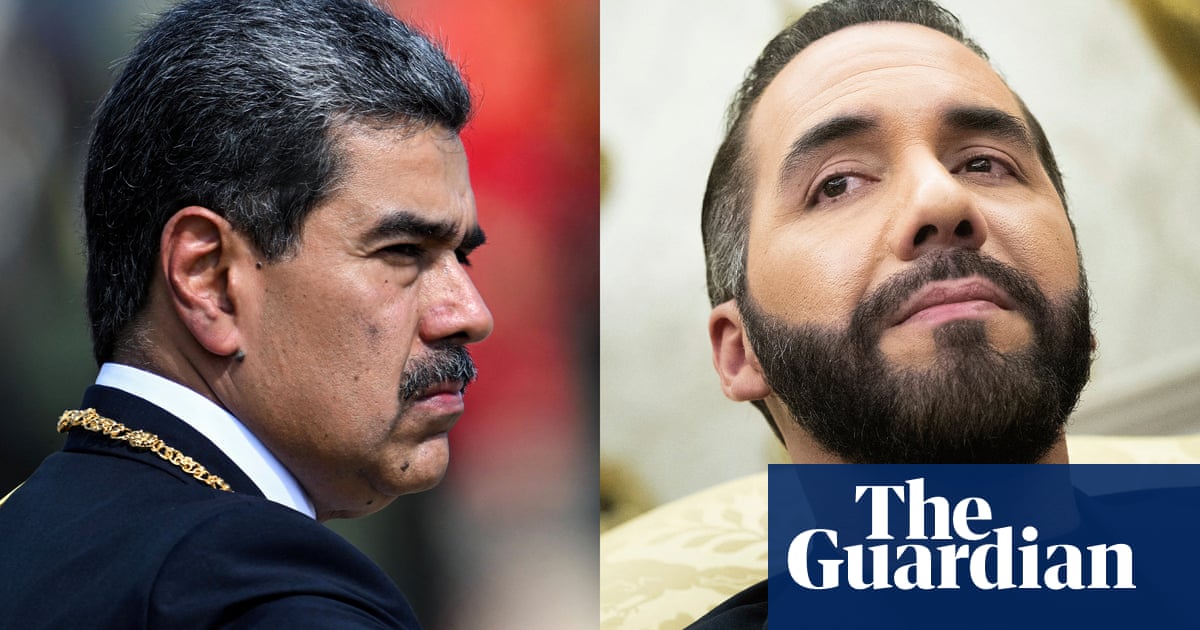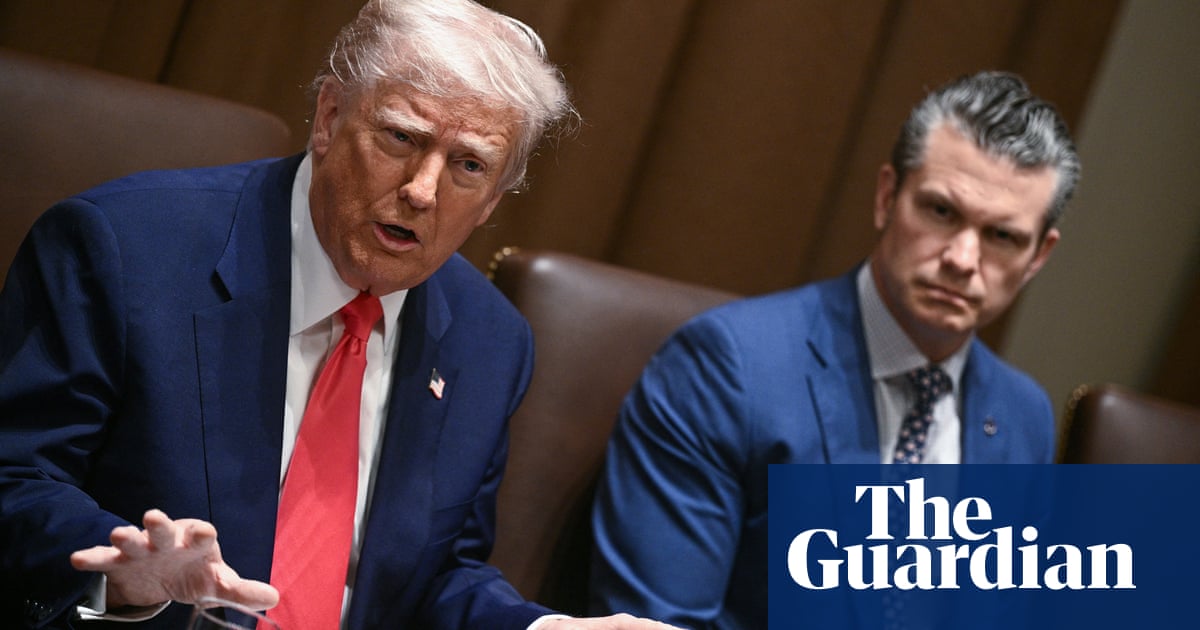With his characteristic dyspeptic vitriol, Donald Trump scorns Joe Biden as the “worst president in the history of America”. The historian Robert McElvaine hails him as a “great president”, arguing that his accomplishments rival those of “both Franklin Roosevelt and Lyndon Johnson, the two most effective of 20th-century presidents”, and since Biden didn’t enjoy the congressional majorities of those giants, he had to do it, “as was said about Ginger Rogers doing everything that Fred Astaire could do, backwards and in high heels”.
What is clear is that after four contentious years, Biden leaves Washington as a remarkably consequential one-term president.
His greatest successes came in domestic policy. Inheriting an economy in shutdown from the pandemic, Biden orchestrated the best recovery in the industrial world, leaving his successor an economy with low unemployment and low inflation, “an economy that is about as good as it ever gets”, in the words of Mark Zandi, chief economist of Moody’s Analytics.
This wasn’t simply luck. Ron Klain, Biden’s first chief of staff, noted that Biden delivered “the largest economic recovery plan since Roosevelt, the largest infrastructure plan since Eisenhower, the most judges confirmed since Kennedy, the second-largest healthcare bill since Johnson and the largest climate change bill in history”.
By sustaining Trump’s tariffs and integrating them with a new industrial policy – focused on alternative energy and high-tech investment – Biden consolidated bipartisan support for the break with market fundamentalism that had governed US policy since Ronald Reagan. He also revived antitrust policy and sensible regulation – putting limits on prescription drug company rip-offs, going after the new monopolies.
Ironically, Democrats – and Kamala Harris in particular – paid a steep political price for the limits of Biden’s domestic policy. Trump rightly attributed his stunning victory to “groceries and the border” – the inflation coming out of the pandemic that hit working families hard and the influx of immigrants that gave Trump a race-laden cudgel to wield against the administration.
More telling, perhaps, was the evanescence of the Biden accomplishments. The measures in the Recovery Act – particularly the extended tax credit for children – expired after a year or two. The tax credit had reduced childhood poverty by some 40% which rose immediately upon its repeal. Voters felt little impact from the infrastructure and climate investments that took a long time to roll out. And, the limits of a one-term president are particularly apparent, since Trump promises to repeal as many of Biden’s accomplishments as he can.
The greatest failures of the Biden presidency came in foreign policy. His promise of dramatic change – a “foreign policy for the middle class” – proved empty rhetoric, beyond the change in trade policy. Biden announced that “America is Back”, reasserting the US as the “indispensable nation”, and proceeded to act as if America remained the unipolar power of three decades past. He confronted Russia in Ukraine, China in the South China Sea, Iran in the Middle East and sustained the misbegotten “war on terror” across the world. He sought to enlist allies to make up for the obvious limits of US power and resources, while summoning the world to a quixotic global struggle of democracy against autocracy.
He was assuming a world that no longer existed – and the result was calamitous. Unwillingness to negotiate with Russia over Ukraine sparked an invasion that will leave that country broken and in ruins. He disdained reviving the agreement on nuclear weapons with Iran. His backing of Israel in its genocidal assault on Gaza violated US laws and gave lie to all the US prating about a “rules-based order”. Biden preposterously sustained economic sanctions on one-third of the countries of the world, including 60% of developing countries. Defining the threats in military terms, his military budget reached $1tn per year, starving resources for real security threats like pandemics and climate change.
Biden claimed as he departed office that America was stronger for his efforts and our adversaries weaker. In fact, conflict zones across the world increased by two-thirds in the last three years. His backing of Israel left America more isolated – and more despised. He geared the country for a military conflict with China in the South China Sea that it cannot win. And the basic notion of a foreign policy for the middle class – that we would curb military adventure abroad to focus on rebuilding the country at home – was lost in the bluster. To our enduring shame, Guantanamo prison remains open and the embargo on Cuba remains in place. In his final speech at the state department, Biden urged Trump to face the reality that climate change was “the single greatest threat to humanity”. But with the US at peak oil, and the military consuming twice as much money in a year as Biden’s touted climate bill allocated over 10 years, his policies were far from reflecting that threat.
As Ben Rhodes, a former Obama speechwriter noted: “Biden and Trump are really two sides of the same coin on foreign policy: their platforms – ‘Make America Great Again’ and ‘America is Back’ – both represent different flavors of nostalgia for a world that structurally cannot exist anymore.” The emerging multipolar world requires abandoning both Trump’s “aggressive nationalism” and Biden’s “missionary liberalism” in favor of something far more realistic.
History will judge whether Biden was a consequential president; instant assessments are written in the wind. Yet, some conclusions seem obvious. Biden consolidated the break with the failed market fundamentalism of the conservative era that Trump began. That era is over. In contrast, Biden sought to assert America’s role as the “indispensable nation” abroad that can no longer be sustained. What comes next remains to be seen. And with Trump, a cynical, ill-informed, transactional grifter returning to the presidency, it is unlikely to be resolved any time soon.
-
Katrina vanden Heuvel is editor and publisher of the Nation, she is a member of the Council on Foreign Relations, and has contributed to the Washington Post, New York Times, and Los Angeles Times

.png) 3 months ago
23
3 months ago
23













































